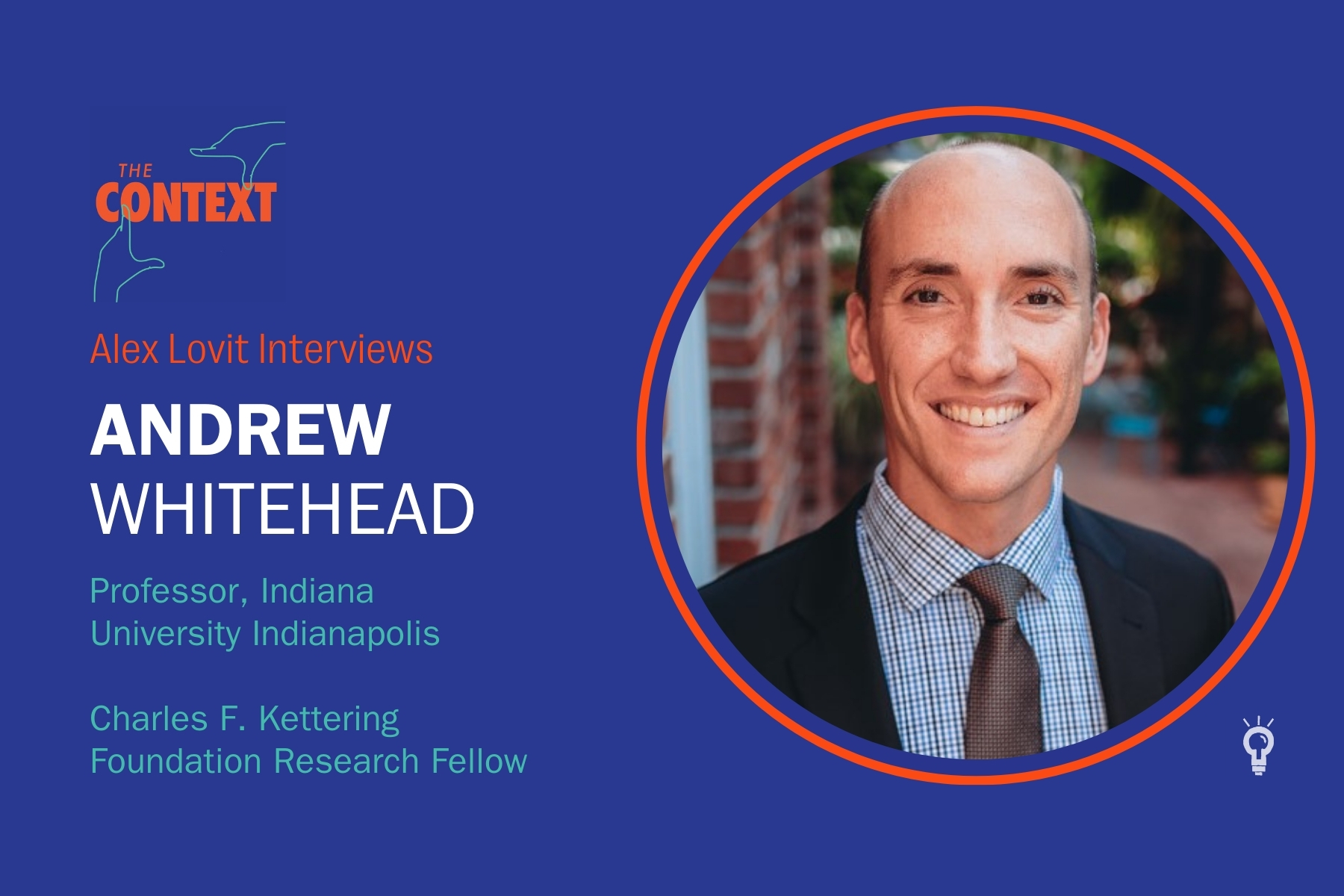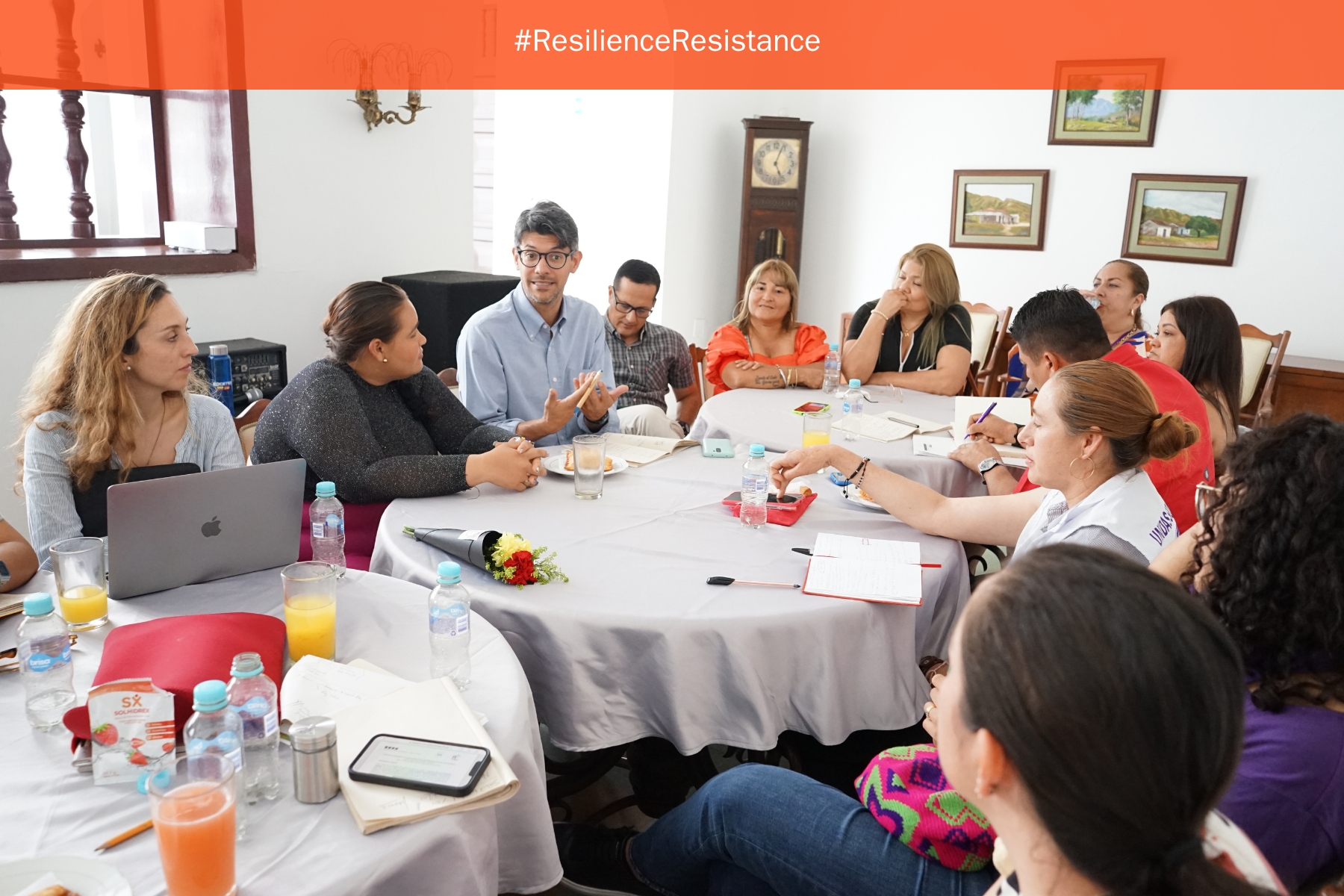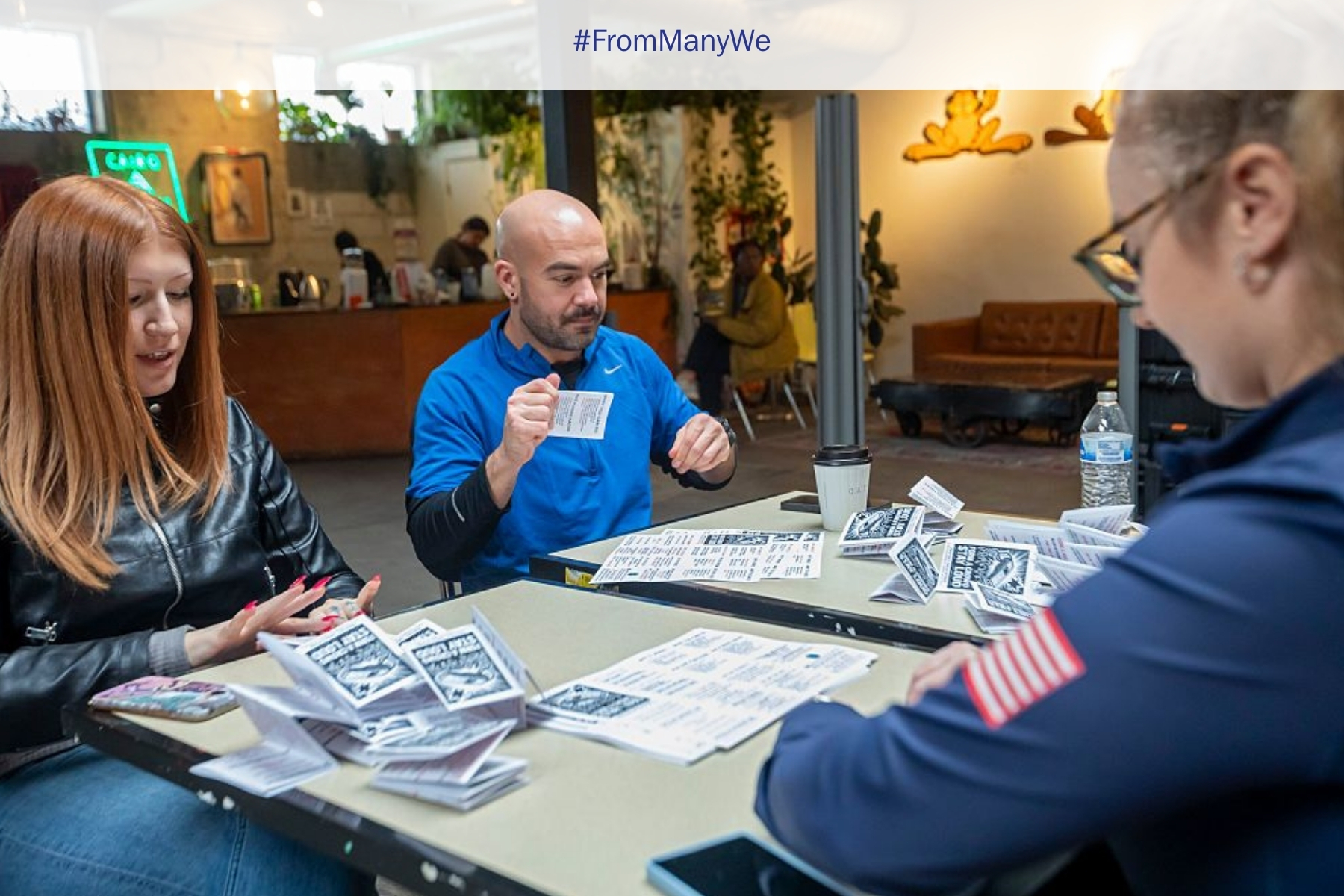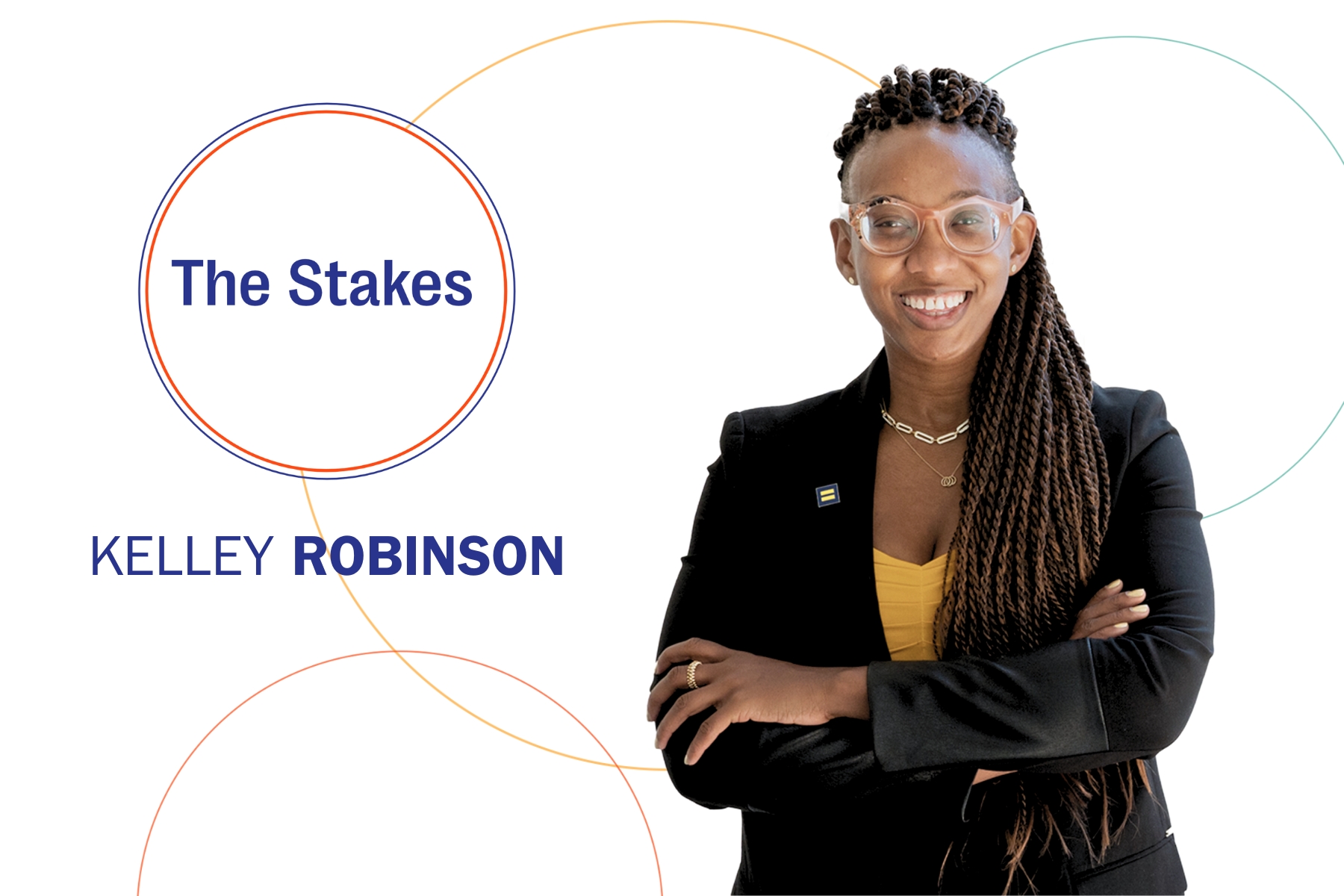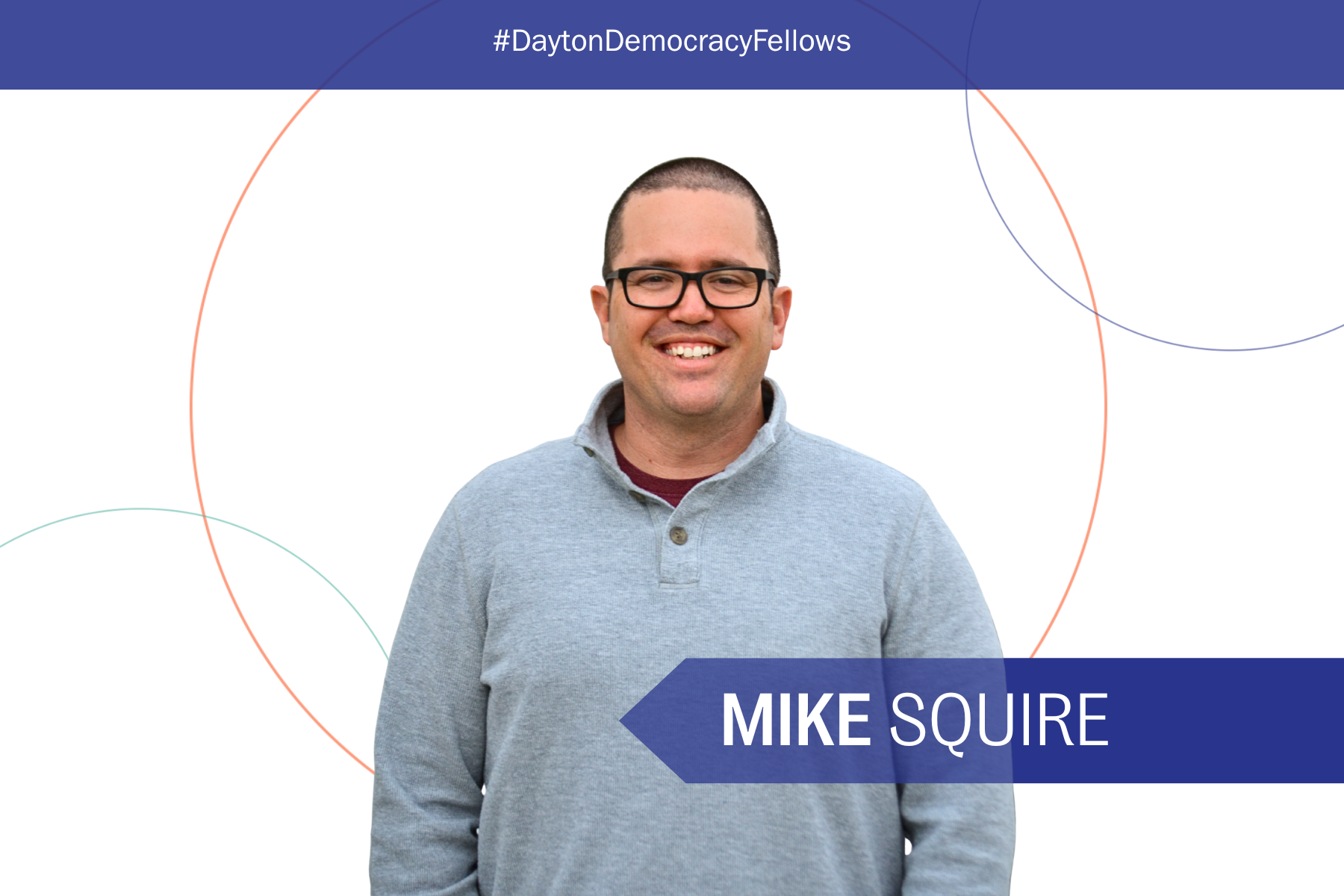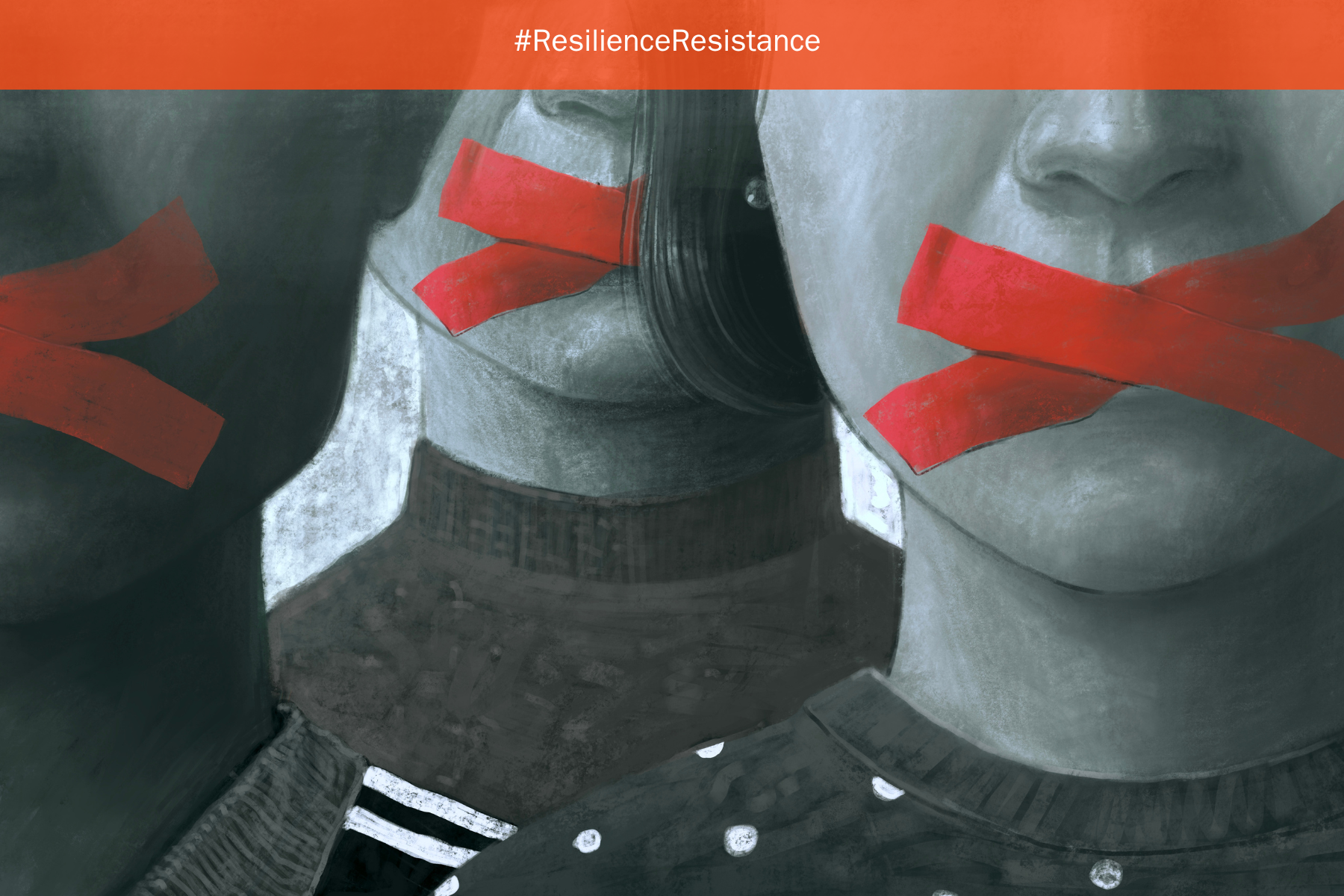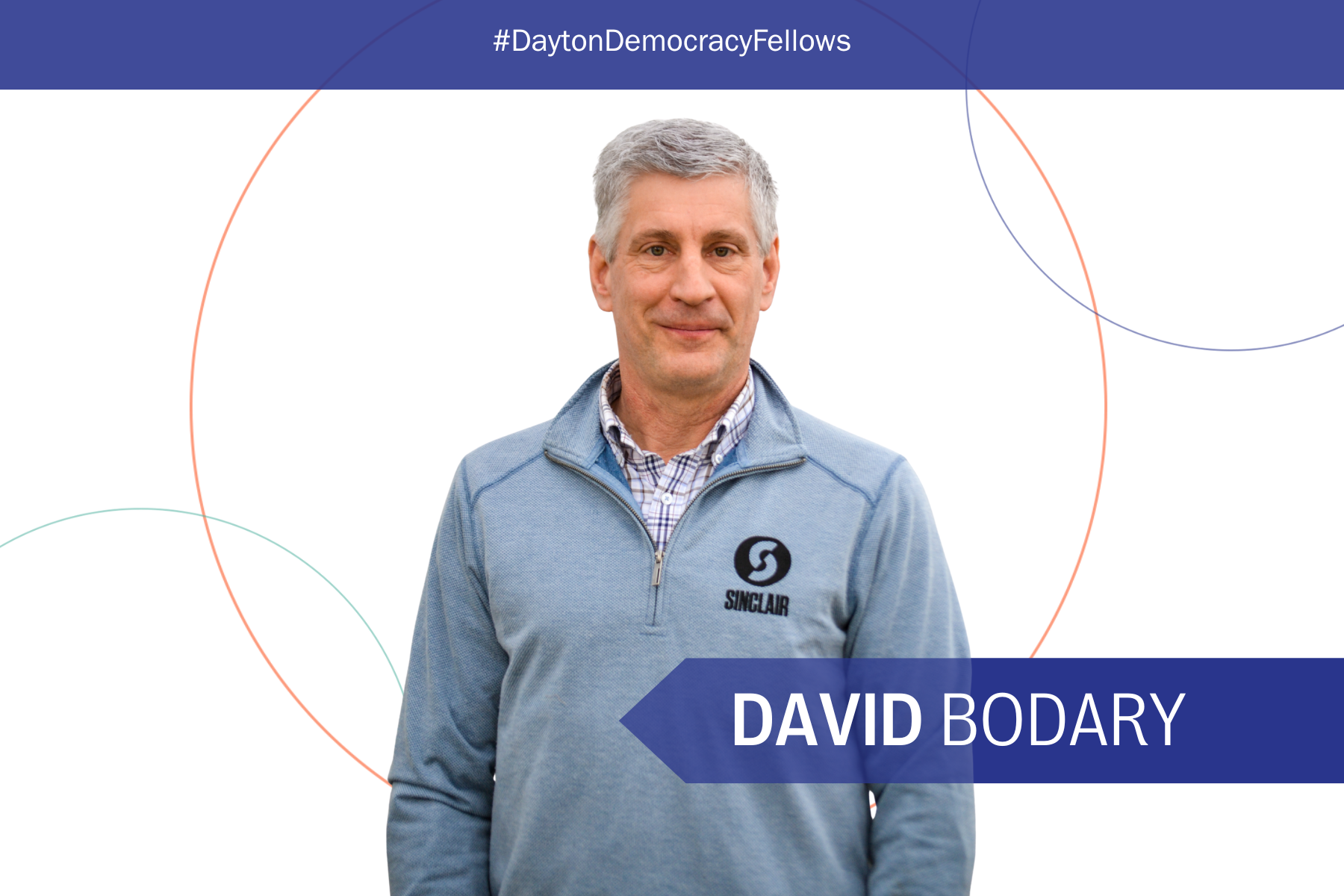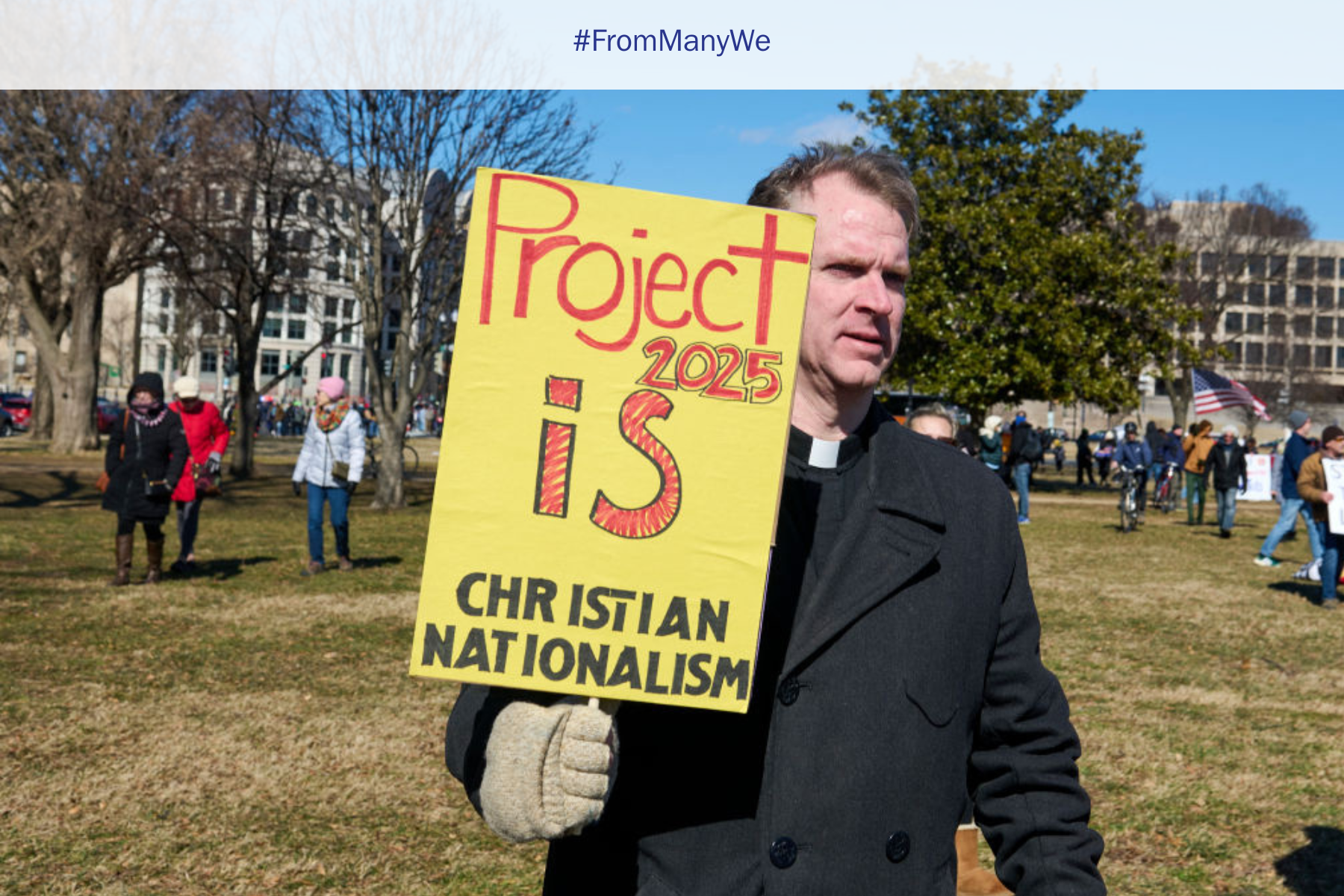Jennifer McDermott: Social Worker, Optimist
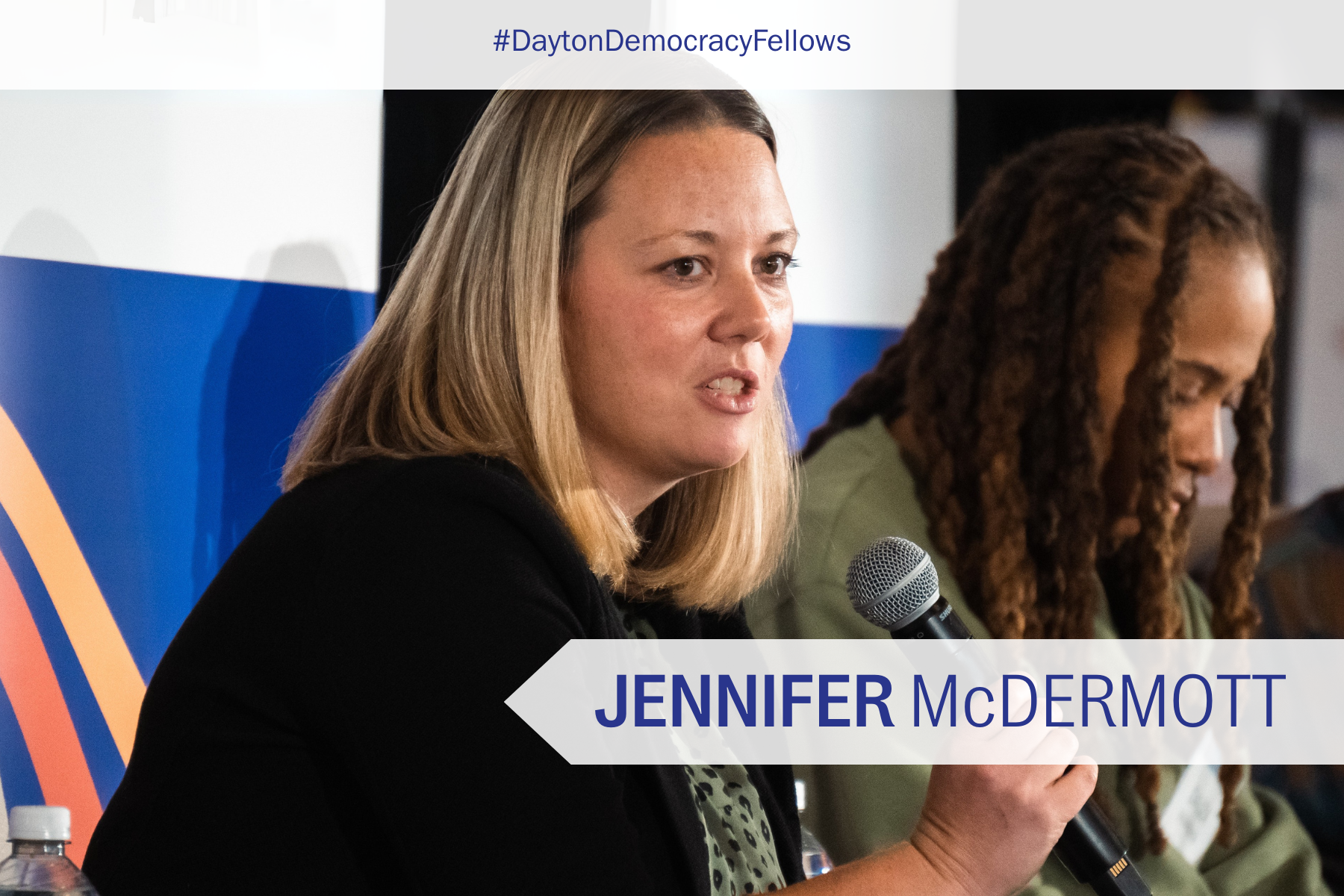
The Kettering Foundation’s Dayton Democracy Fellowship is a one-year program that supports innovative leaders, changemakers, and dreamers who are building movements for inclusive democracy in their communities and in our wider world. This series of articles about the Dayton Democracy Fellows highlights their robust work and the powerful narratives that drive the advancement and defense of democracy.
Dayton Democracy Fellow Jennifer McDermott is a professor of social work and faculty associate for experiential learning at Sinclair College. She is also an optimist.
You can tell that when she describes her early career as a social worker in the field of child welfare. That is arguably one of the toughest areas in which to work for anyone in human services, dealing as it does with family dysfunction and the child foster care system, with the goal of sewing families back together again against the odds.
"[Child welfare] is a flawed area of our field," McDermott acknowledged. "It gives all sorts of challenges. But being able to reflect on both policy and the big issues helps you see how the pieces fit together."
Early on in her career, a colleague asked McDermott to teach a class at Wright State University. "I loved it," she said. It led to her current job at Sinclair. "People who attend a four-year university tend to have a certain level of privilege. But we accept everyone who walks in the door. It is so much more challenging than teaching in a place where everyone comes in at a certain level of advantage."
As the faculty associate for experiential learning, McDermott provides hands-on training, helping students get work-based service-learning as part of their education. She takes them on field trips and helps them get internships. Her students range in age from just out of high school to their 60s. "There's no more important profession to go into than the helping professions," McDermott said.
One of the best parts of her job, she said, is listening and moderating class discussions. That's where democracy comes in.
"I learn so much from the students' life experiences, especially when facilitating conversations. It enhances the learning. It enhances democracy."
McDermott especially appreciates facilitating conversations between generations. And she has seen the conversations change in the 10 years she has worked at Sinclair.
When she began teaching in 2014, there was an officer-involved shooting of a Black man, John Crawford III, at a Walmart in Beavercreek, Ohio. The turmoil and anguish people experienced played out in class discussions, she said. Many students, particularly Black men, were hypervigilant about police brutality. However, there was still a lack of acceptance from others that this was more than an isolated incident and not a widespread problem. No longer.
"I've seen that change over the years," McDermott said. "I don't hear the denial in the room. Now students discuss solutions and policy more than the existence of the problem."
They have to acknowledge differing sides of the issue and try to understand other points of view. It is not only the essence of social work, but the core of democracy.
"Our students crave communication. As soon as they get going in a discussion, they get energized. They talk about things most people shy away from talking about. It is required of us in social work to talk about race, racism, police brutality, abortion—all these topics you might avoid at the Thanksgiving table. Outside our classroom, there is a lot of fear. But in social work, we must talk about these things," McDermott said.
"We want students to ask, to be uncomfortable—but also to be forgiving with one another. We are all in a learning environment, and we try to be forgiving with one another about what we don't know when we walk in the door," she said. "That door is open in our program."
Maura Casey is a former editorial writer for the New York Times and has worked with the Kettering Foundation since 2010.
The Charles F. Kettering Foundation Dayton Democracy Fellowship is a one-year program designed to support innovative leaders, changemakers, and dreamers who are building movements for inclusive democracy in their communities and in our wider world.
